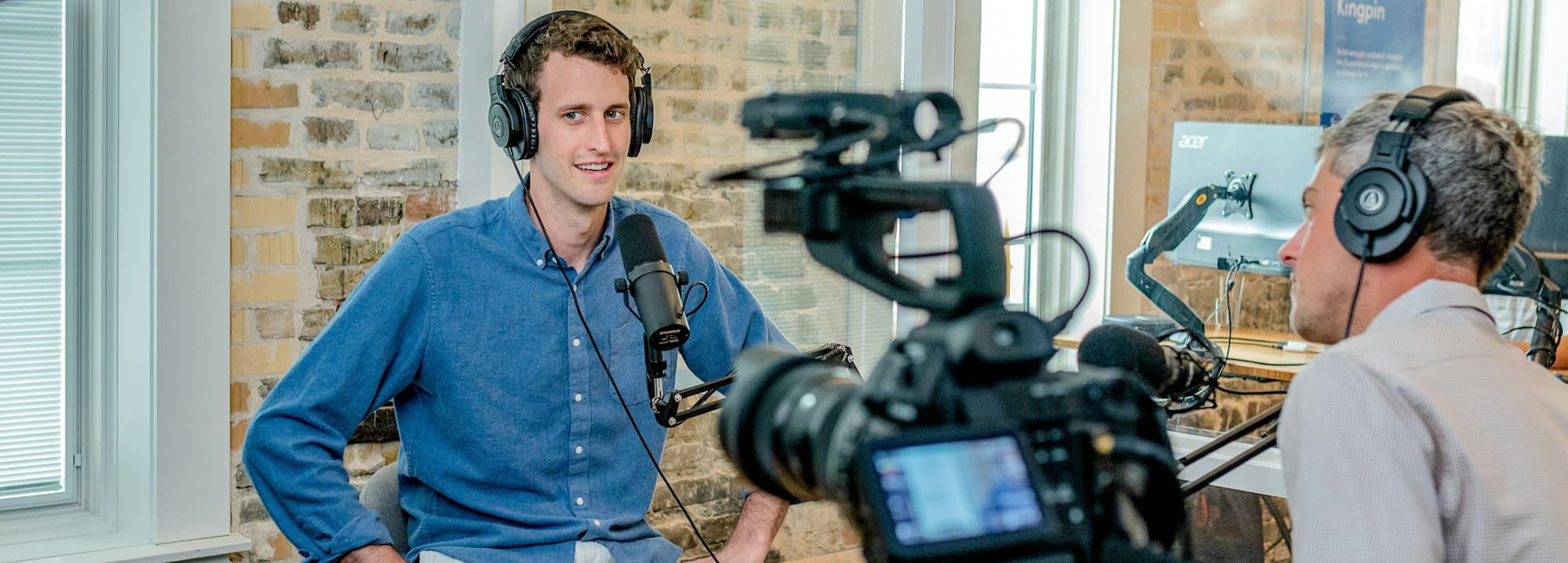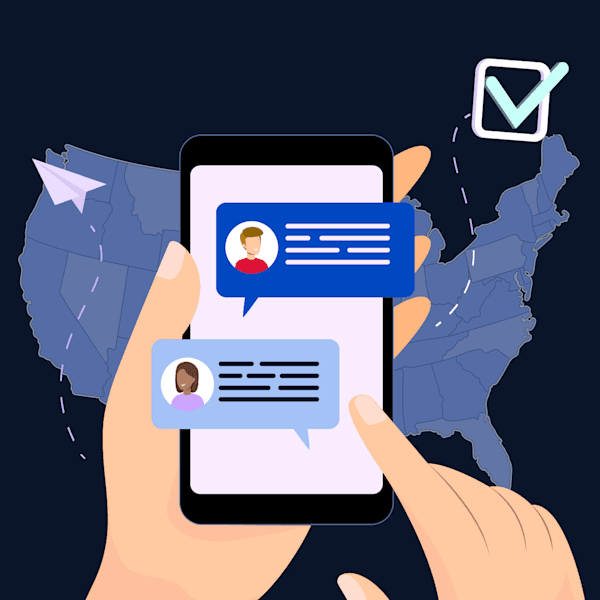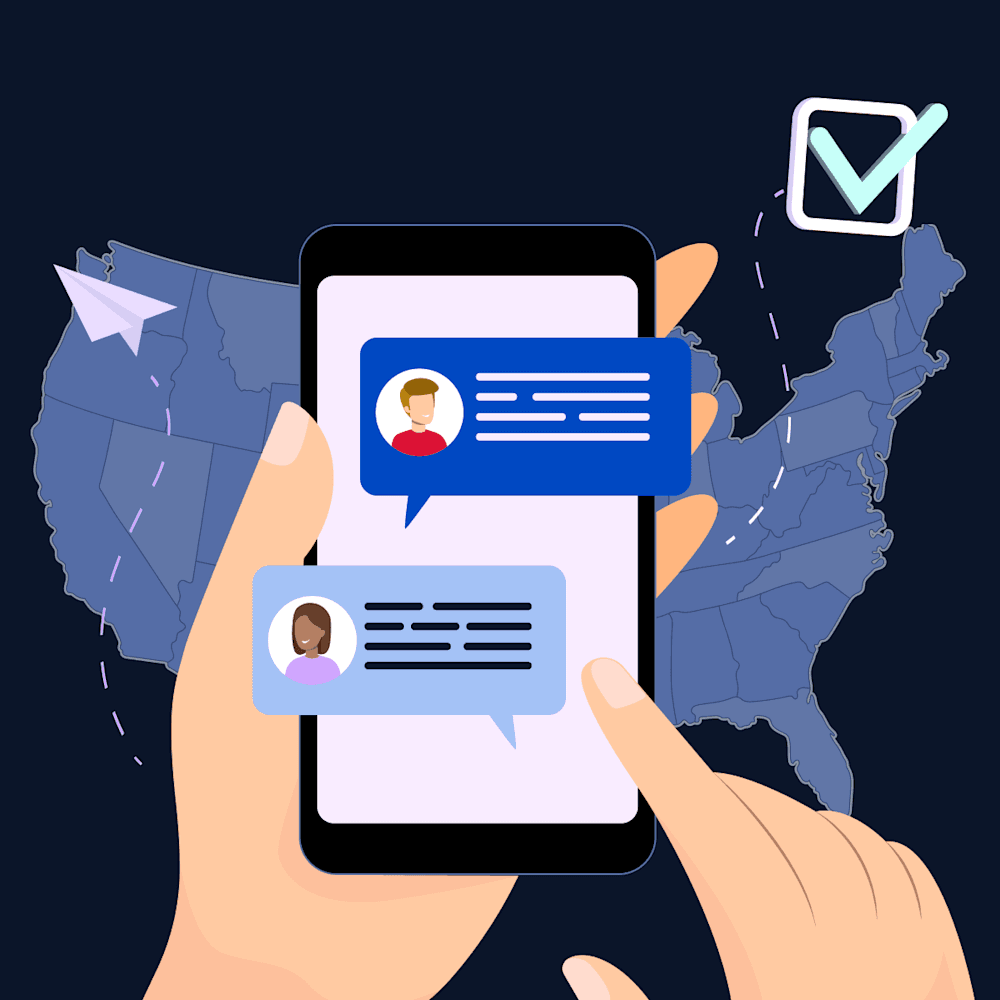
How to Get Media Coverage for Your Political Campaign
Knowing how to get media coverage can give your political campaign a major advantage, especially if you’re running as a nonpartisan or Independent candidate. Press attention allows you to reach new voters, build credibility, and tell your story on your own terms. The best part is you don’t need a big-budget communications team or national party connections to make it happen.
In this guide, we’ll break down how to get media coverage that matters: from building a local media list and pitching stories to crafting a message that grabs voters’ attention. You’ll also learn why media coverage is so powerful for grassroots campaigns and how real candidates are using it to win.
Why Media Coverage Matters in Politics
Getting media coverage isn’t just about seeing your name in the paper. It’s a crucial part of political digital marketing strategies that can impact your visibility, validation, and voter persuasion.
Here’s how media coverage can help your campaign:
Build Credibility: A news article or interview legitimizes your campaign in the eyes of voters. It shows you’re a serious contender with something meaningful to say.
Reach New Voters: Earned media, or coverage you don’t have to pay for, can help you reach voters who aren’t already in your circles or following you online.
Shape the Narrative: Press coverage gives you a platform to define your message and explain your values in your own words, especially when major-party candidates are dominating the conversation.
Boost Digital Content: Local news articles are highly shareable on social media and can be reused in email newsletters, texts, or digital ads to reinforce your message.
Local press coverage can shape how voters see your campaign from the very beginning. Whether it’s a short mention in a community newsletter or a feature on the evening news, every bit of media coverage helps establish your campaign as relevant, credible, and worth paying attention to.
Paid Media vs. Earned Media: What’s the Difference?
When it comes to campaign visibility, not all media is created equal. Here’s the breakdown:
Paid media refers to advertising, like TV spots, digital ads, mailers, or boosted social media posts that your campaign pays for. You control the message, timing, and placement, but it can get expensive fast.
Earned media, on the other hand, is press coverage you don’t pay for. It includes news stories, interviews, event coverage, and op-eds. It’s “earned” by being newsworthy, rather than being bought. While you can’t control exactly how it’s written, earned media often carries more weight with voters because it comes from a third-party source.
Both types of media can be powerful, but earned media is especially valuable for grassroots candidates looking to gain trust and traction without breaking the bank.
LEARN MORE: Explore smart media planning strategies for local candidates.
How to Get Media Coverage for Your Campaign
Getting covered by your local paper or news station isn’t just for high-profile candidates. With a little effort and the right strategy, any campaign can earn local media attention.
Here’s how to get started:
#1: Build a Local Media List
Start by identifying local media outlets in your area. Include:
Local newspapers, both daily and weekly issues
TV news stations
Radio stations
Community blogs and news sites
College newspapers or public access channels
Next, build a list of relevant reporters, producers, and editors. Look for those who cover local politics, community events, education, or public service. You can usually find their emails or social media handles on the news outlet’s website or by searching past bylines.
A great approach when reaching out to reporters is to note their beat and writing style. Then, you can tailor your pitches accordingly.
#2: Develop a Compelling Campaign Message
Before you pitch any story, make sure your campaign message is clear, compelling, and consistent.
Ask yourself:
What makes your campaign different?
Why are you running for office now?
What issues matter most to your community?
Craft a message that’s newsworthy, not just political. Reporters are more likely to cover candidates with a local story angle, a unique perspective, or a focus on community impact.
#3: Send a Press Release
Press releases are useful for announcing milestones like:
Your campaign launch
Endorsements
Fundraising benchmarks
Event announcements or debates
Keep your press releases short, timely, and relevant. Include direct quotes, key facts, and contact info for follow-up. However, don’t rely solely on press releases. Direct outreach often works better, especially when you’ve built a relationship with local reporters.
LEARN MORE: Put your campaign’s story into words with our free press release generator.
#4: Pitch the Right Stories at the Right Time
You don’t need to wait for big news to pitch a story. Local outlets are often looking for human interest angles, and political campaigns are full of them.
Here are some story ideas that could work:
You’re a first-time candidate or the first in your community to run for office.
Your campaign is powered by volunteers or small-dollar donations.
You’re speaking out about a local issue that affects everyday people.
You’re hosting a creative or unique community or campaign event.
You’re running a nonpartisan or Independent campaign in a traditionally partisan district.
When pitching, keep it brief. Introduce yourself, share your story angle, and explain why it matters now. Don’t forget to include a link to your website or social profiles and offer to meet or talk.
LEARN MORE: Get inspired with these PR strategies for Independent campaigns.
#5: Make Yourself Easy to Interview
If a reporter expresses interest, make their job easy:
Respond quickly and clearly.
Be ready with your top three talking points.
Share relevant data or background information, if applicable.
Offer high-quality photos or videos that they can use.
Most of all, be authentic. Reporters aren’t looking for polished party-line answers. They want real stories, real people, and real impact.
Real-World Examples: Campaigns in the Headlines
Candidates around the country have already shown that press coverage can help change the game, especially in local races.
For instance, in Fairfax, Virginia, a trio of Independents made headlines by coordinating their campaigns. Rachel McQuillen, Stacy Hall, and Tom Peterson each ran for city council as part of a coalition of Independents called the Fairfax City Independent Ballot. They challenged the local status quo, and their unique campaigns helped draw media attention to civic reform issues.
A common way candidates end up in the news is by locking in key endorsements. For example, Selina Barajas, a first-time city council candidate in Tucson, Arizona, got local news coverage for being endorsed by Representative Raul Grijalva, the mayor of Tucson, and multiple town supervisors and councilmembers.
Similarly, two mayoral candidates in Aurora, Illinois, Richard Irvin and John Laesch, recently earned endorsements from local politicians and faith leaders. Irvin, the incumbent, had previously gained media attention after being elected the city’s first Black mayor.
Ultimately, getting coverage for your endorsements can help voters better understand your personal, professional, and community ties.
Candidates can also get media attention for announcing their campaigns. John Haila, the current mayor of Ames, Iowa, used the local Ames Tribune to spread the word about his seeking a third term as mayor. In the coverage, he was able to cover his political history and reinforce his platform and commitment to Ames.
These examples show that media coverage, especially when tied to campaign milestones, can help candidates gain traction, validate their platforms, and reach voters beyond their immediate networks.
Make the Media Work for You
Getting media coverage isn’t about chasing headlines. It’s about connecting with your community in a way that builds trust, demonstrates leadership, and spreads your message farther than you could on your own.
Earned media helps level the playing field. It brings attention to the issues that matter in your community, challenges the status quo, and makes it clear to voters that you’re serious, credible, and in it to serve, not just to win.
You don’t need a massive PR team or a party machine to make headlines. You just need the right strategy and support.
That’s where GoodParty.org comes in.
We empower Independent, nonpartisan, and third-party candidates to run smarter, leaner, and louder campaigns, with outreach and digital strategy support, templates and messaging guidance, and free and low-cost campaign tools. We’re here to help you cut through the noise and connect with voters on your terms.
Photo by Austin Distel on Unsplash
Book a free demo today to see how GoodParty.org can empower you to get the media coverage and momentum you need to win.

